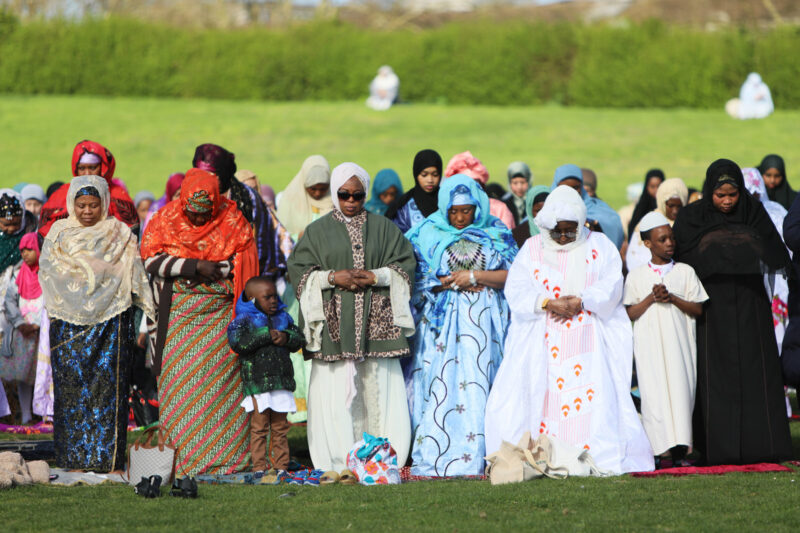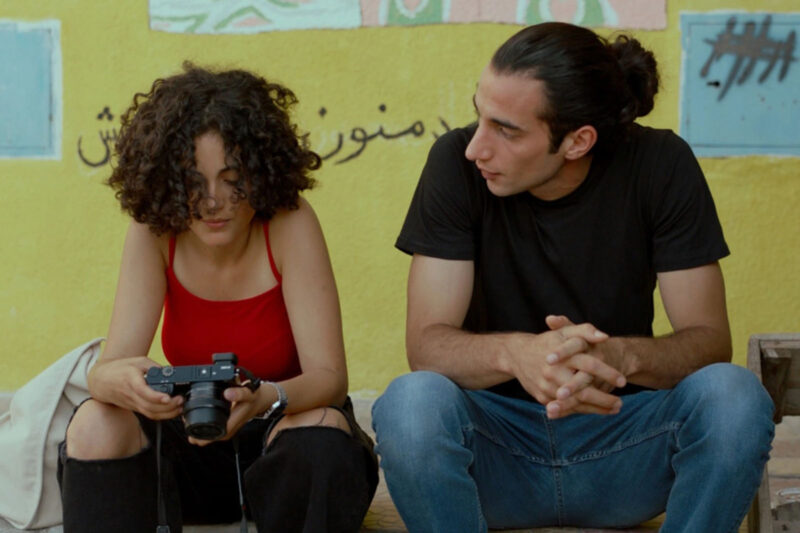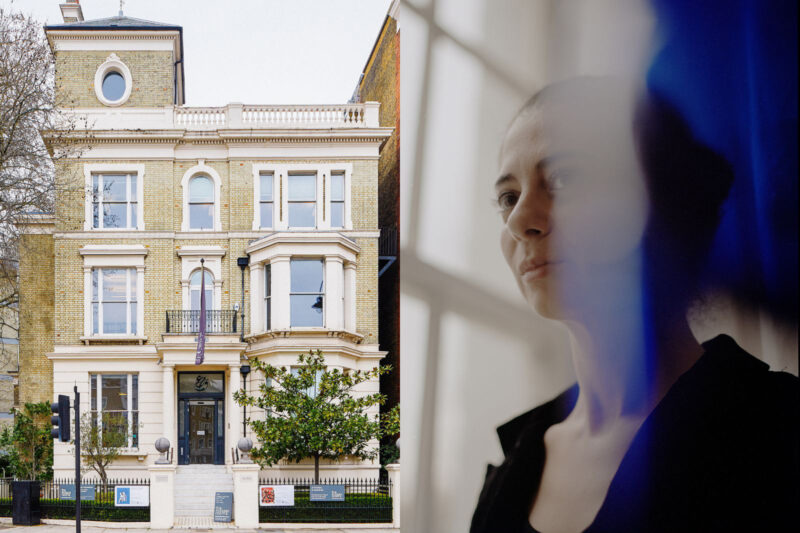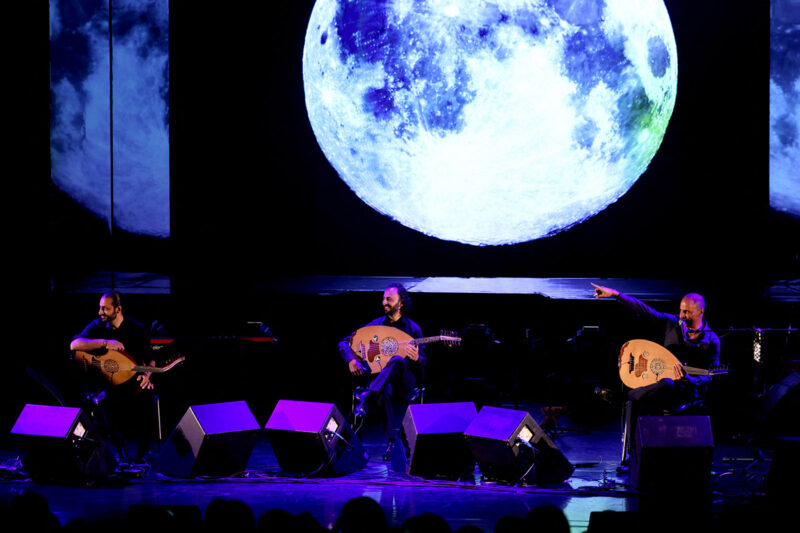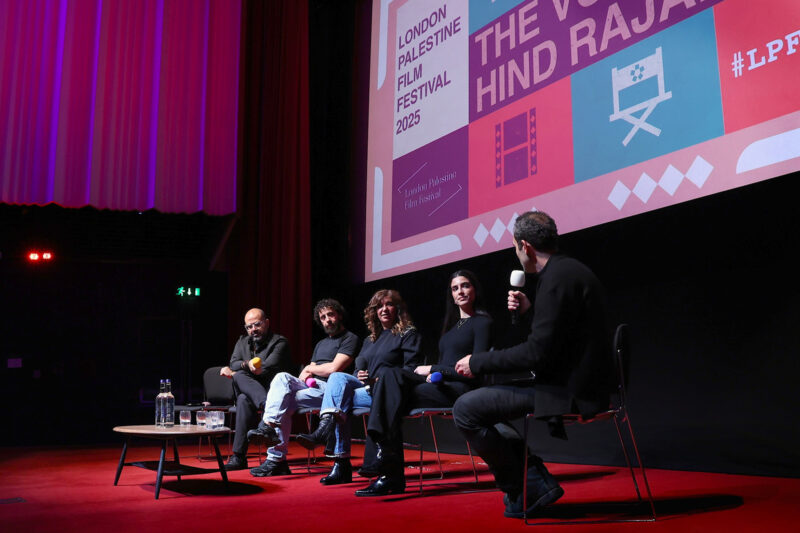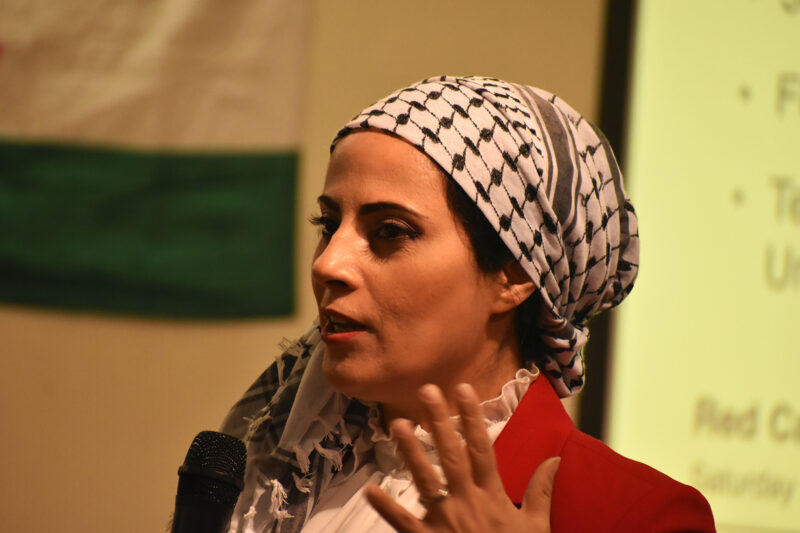Pro-Palestine groups call for widespread cultural events boycott
Campaigners are targeting major music festivals, theatres and art galleries across the UK and Europe
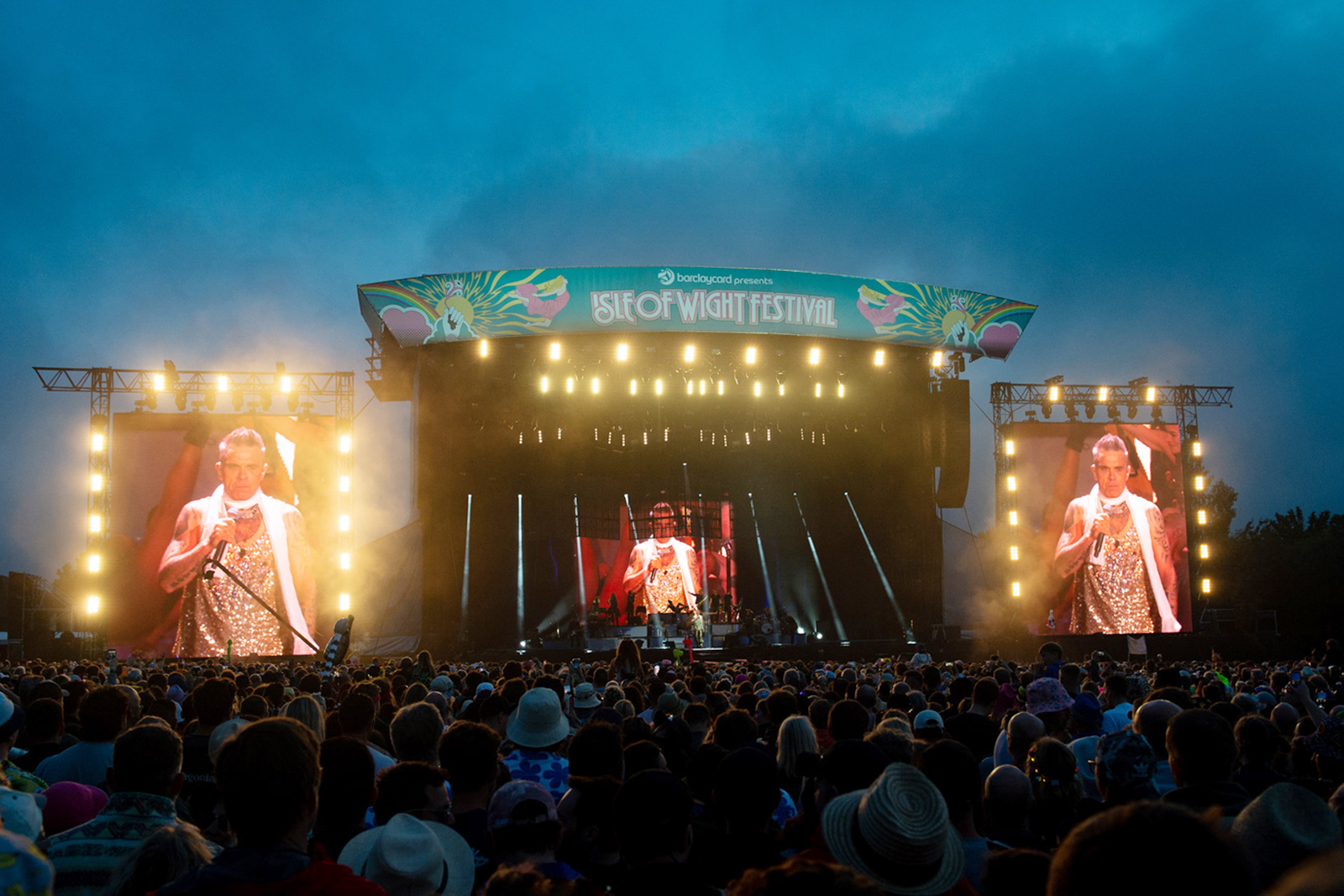
Musicians, artists, writers and creative industries workers across the UK and Europe are gearing up for a summer of protest as they prepare to boycott a raft of major events and organisations in solidarity with Palestine.
Among them is a new campaign group, Bands Boycott Barclays, which calls on musicians to pull out of performing at all festivals sponsored by the bank.
The group, which is being backed by the Palestine Solidarity Campaign (PSC), is organising targeted action against some of the UK’s leading Barclays-sponsored music festivals including Latitude, Download, Isle of Wight and Camp Bestival.
According to research published by the PSC, Barclays holds more than £1bn in shares in companies that supply weapons and military technology to Israel.
The campaign is spearheaded by queer punk band The Menstrual Cramps and How To Catch A Pig, a collective of artists and activists.
On 4 April, members of Bands Boycott Barclays launched a petition asking Brighton’s The Great Escape Festival to end its partnership with Barclays. More than 300 acts have signed an open letter with over 20 acts, including Lambrini Girls, Cherym and mui zyu, pulling out of the festival.
Eva Lui, who performs as mui zyu, said the festival’s “clear links to Barclays puts artists in a horrible position, asking them to ignore what’s happening in the hope of pursuing their dreams”.
Emilia Elfrida of The Menstrual Cramps said the group has yet to receive a response from The Great Escape’s organisers. The festival did not respond to Hyphen’s request for comment.
“This didn’t start with The Great Escape and it’s not going to end there. It needs to be bigger than this. We need an ongoing cultural boycott that extends across the whole music industry until these festivals end their partnerships,” Elfrida said.
How To Catch A Pig is also calling on artists to withhold their work from Parklife in Manchester and Reading and Leeds Festival, both of which are sponsored by McDonalds. The fast food company has been a target of boycotts after its Israeli franchise announced it had donated thousands of free meals to the Israel Defense Forces in October 2023.
Since Israel’s attacks on Gaza began last October, more than 34,000 people have been killed, and a further 77,000 have been injured. The International Rescue Committee estimates that 1.9 million Gazans have been displaced, and 95% lack access to safe water.
“Through its financial ties to weapons suppliers, Barclays is bankrolling Israel’s genocide and slaughter of the Gaza strip,” said Lewis Backon, a spokesperson for PSC.
Backon added: “By refusing to let their art support the oppression of Palestinian people, artists and musicians are playing a powerful role in standing for justice.”
In response to a request for comment, a spokesperson for Barclays directed Hyphen to a company FAQ outlining the bank’s position on the defence sector. In it, the company says: “We have been asked why we invest in nine defence companies supplying Israel, but this mistakes what we do. We trade in shares of listed companies in response to client instruction or demand and that may result in us holding shares. We are not making investments for Barclays and Barclays is not a ‘shareholder’ or ‘investor’ in that sense.”
In January, the bank told The Telegraph that it “provides a range of client services in relation to the shares of publicly listed companies, including those in the defence and security sector. Barclays does not itself intend to make any direct strategic equity investments in the defence and security sector.”
Calls for boycotts have extended beyond music. In London, members of the group Culture Workers Against Genocide (CWAG) are calling for an ongoing boycott of Sadler’s Wells Theatre. An open letter calling for the dance and performing arts venue in Islington to end its sponsorship by Barclays has been signed by more than 700 people, including dancers, performers, writers and directors.
In January the group disrupted a Sadler’s Wells performance of Edward Scissorhands. This was followed by a protest outside the gala night of Everybody’s Talking About Jamie in February at Sadler’s Peacock Theatre in Covent Garden. “As art and culture workers we can speak out and act in solidarity with our Palestinian siblings even when our institutions don’t,” a spokesperson for CWAG told Hyphen.
Elsewhere in Europe, Strike Germany is calling for those employed in the culture sector to strike against the country’s cultural institutions, including clubs, theatres, music venues and art galleries. Organisers of the strike said the action was in response to the German government’s export of weapons to Israel, anti-Palestinian racism, and censorship of “any criticism of the Israeli state”.
Cultural institutions in Germany receive a huge amount of public funding, with the culture budget for Berlin alone set at more than £800m for 2024.
More than 2,000 creative industries workers have joined the action, including Nobel Prize winner Annie Ernaux, artists Tai Shani and Jesse Darling, and actor Indya Moore.
The strike action is already having an impact. Earlier this month, Dutch visual artist Jonas Staal rejected a nomination for the DAAD Artists-in-Berlin residency, citing the organisation’s anti-Palestine censorship. In January, several artists withdrew from CTM, an annual music festival in the German capital. That same month, the arts festival Transmediale announced that dozens of acts would no longer appear.
Strike Germany said a reliance on state funds has fostered an environment of strict censorship of any criticism of the government’s support of Israel. “Any artist that speaks about Palestine, or is associated with the Boycott, Divestment and Sanctions can put not only themselves at risk, but risks the institution having their funding revoked,” a spokesperson for Strike Germany said.
“As a result, these art institutions end up acting like a space for broadcasting state perspectives.
“That’s what we are trying to stand up against. We need to have space to speak against state policy and space to speak about what’s happening in Palestine.”
 Newsletter
Newsletter


